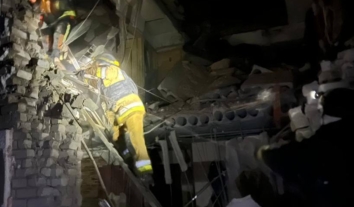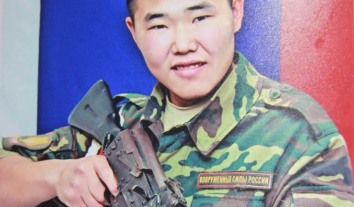Russia сontinues illegal child deportations despite ICC arrest warrants – Almenda’s report
Despite international criminal court arrest warrants issued against Vladimir Putin and Maria Lvova-Belova in March 2023, Russia has escalated its systematic removal of Ukrainian children in 2024, with camp programs explicitly designed to erase children’s Ukrainian national identity.
The human rights organisation Almenda arrived at these findings in its report “Russian propaganda camps’: Where and why Russia takes children from the temporarily occupied territories”.
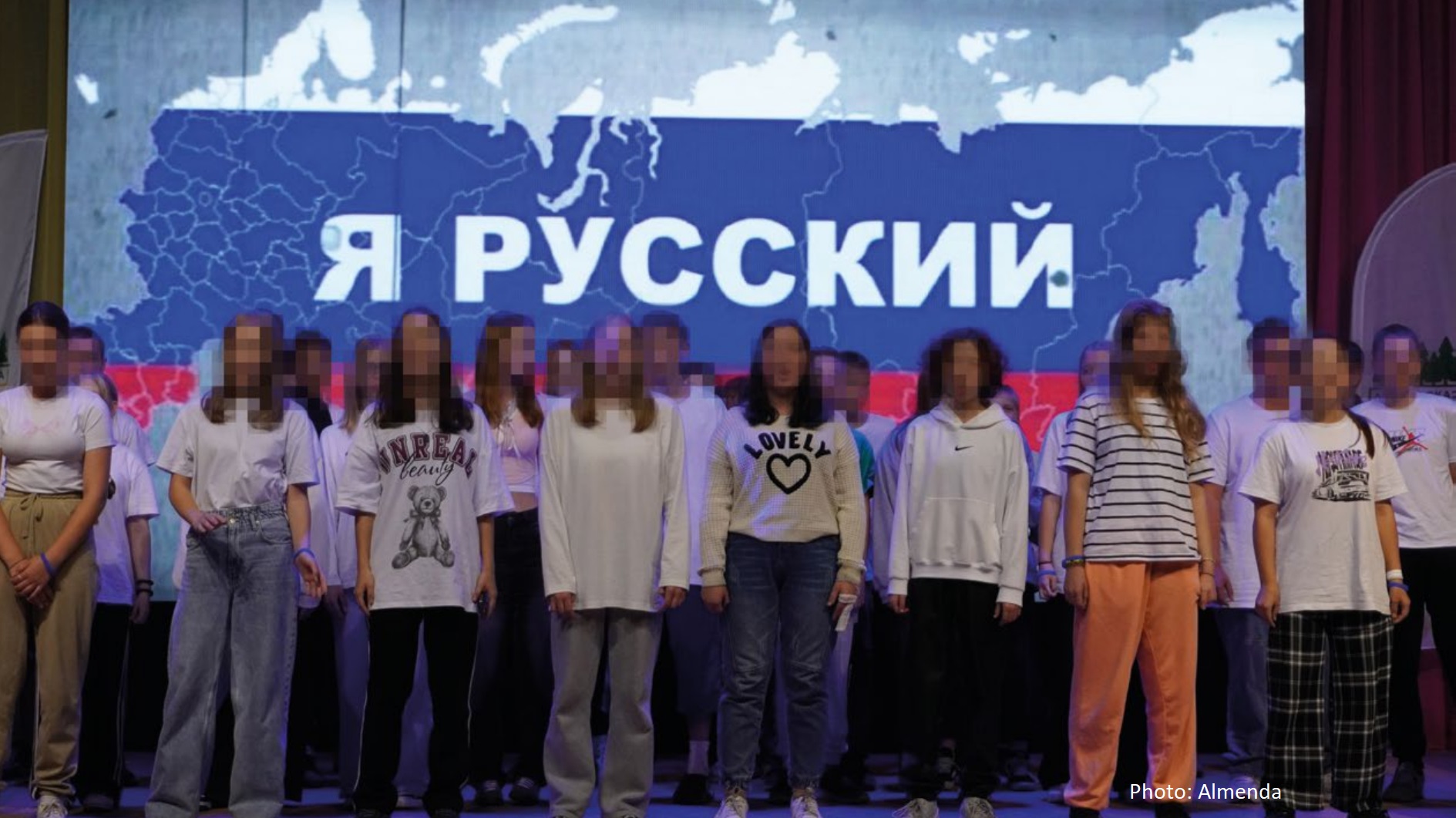
Since occupying Ukrainian territories, the Russian Federation has systematically attempted to establish total control over all aspects of life, particularly targeting children’s education, recreation, and cultural experiences. Human rights organisations report this practice has been ongoing since 2014 in Donetsk, Luhansk Oblasts, and Autonomous Republic of Crimea and the city of Sevastopol, with full-scale invasion significantly escalating Russia’s influence on children’s lives.
The human rights organisation Almenda pointed out that under the guise of “rehabilitation”, Russia has been transferring Ukrainian children to camps in Russia and third countries for forced re-education. In some cases, this involves deportation and adoption of minors by Russian families.
Despite International Criminal Court arrest warrants issued in March 2023 against Vladimir Putin and Maria Lvova-Belova for child deportations, Russia continues its practices. In 2024, the scale of unlawful child transfers has increased, with camp programs explicitly aimed at destroying Ukrainian children’s national identity.
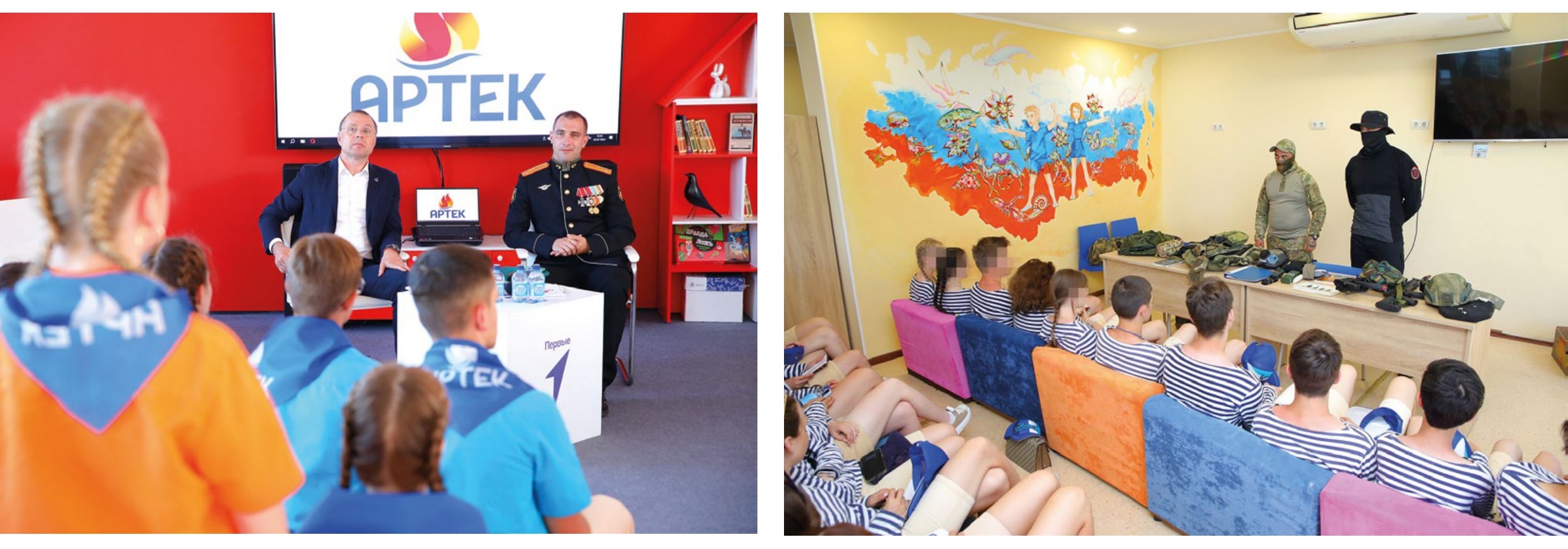
Human rights NGO Almenda highlighted that in 2024 the scale of unlawful transfer of children is increasing, and camp education programmes are overwhelmingly aimed at destroying children’s Ukrainian identity. As a rule, the all-Russian movements “Movement of the First”, “Youth Army”, and the Russian society “Knowledge” are actively involved in the processes of militarisation, Russification and indoctrination, and Russian holidays are used as a pretext for propaganda activities. Over the past summer, there were celebrations of Russia Day, Russian Flag Day, Navy Day, and others.
According to the occupation authorities, more than 25,000 children from the TOT of Luhansk region, more than 13,000 children from the TOT of Donetsk region, about 3,000 children from the TOT of Kherson region, more than 6,000 children from the TOT of Zaporizhzhia region were taken to other regions of Russia under the pretext of recreation.
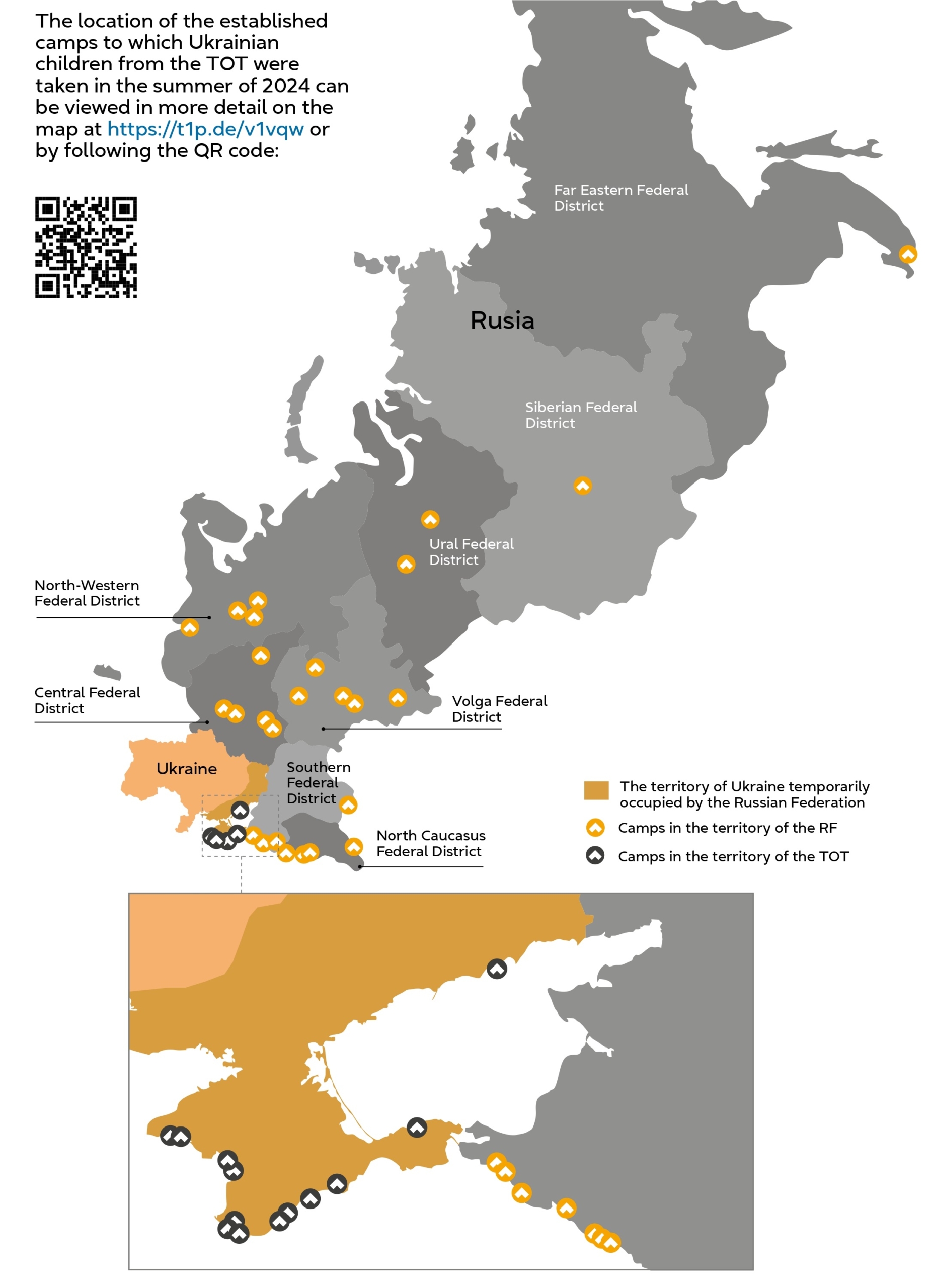
Moreover, 174,000 children from the TOT of Crimea were provided with so-called recreation, in particular in “work and rest” camps, where almost 4,000 schoolchildren performed daily labour work assigned by the camp management
in the morning and until 4 p.m., such as landscaping, volunteering to help the elderly, etc. Priority groups of children to be granted the recreation in the camps included, in particular:
- children of participants in the so-called SMOі ;
- orphans and children left without parental care;
- children with disabilities;
- children of those killed in the line of duty;
- children registered with the commissions on juvenile affairs.
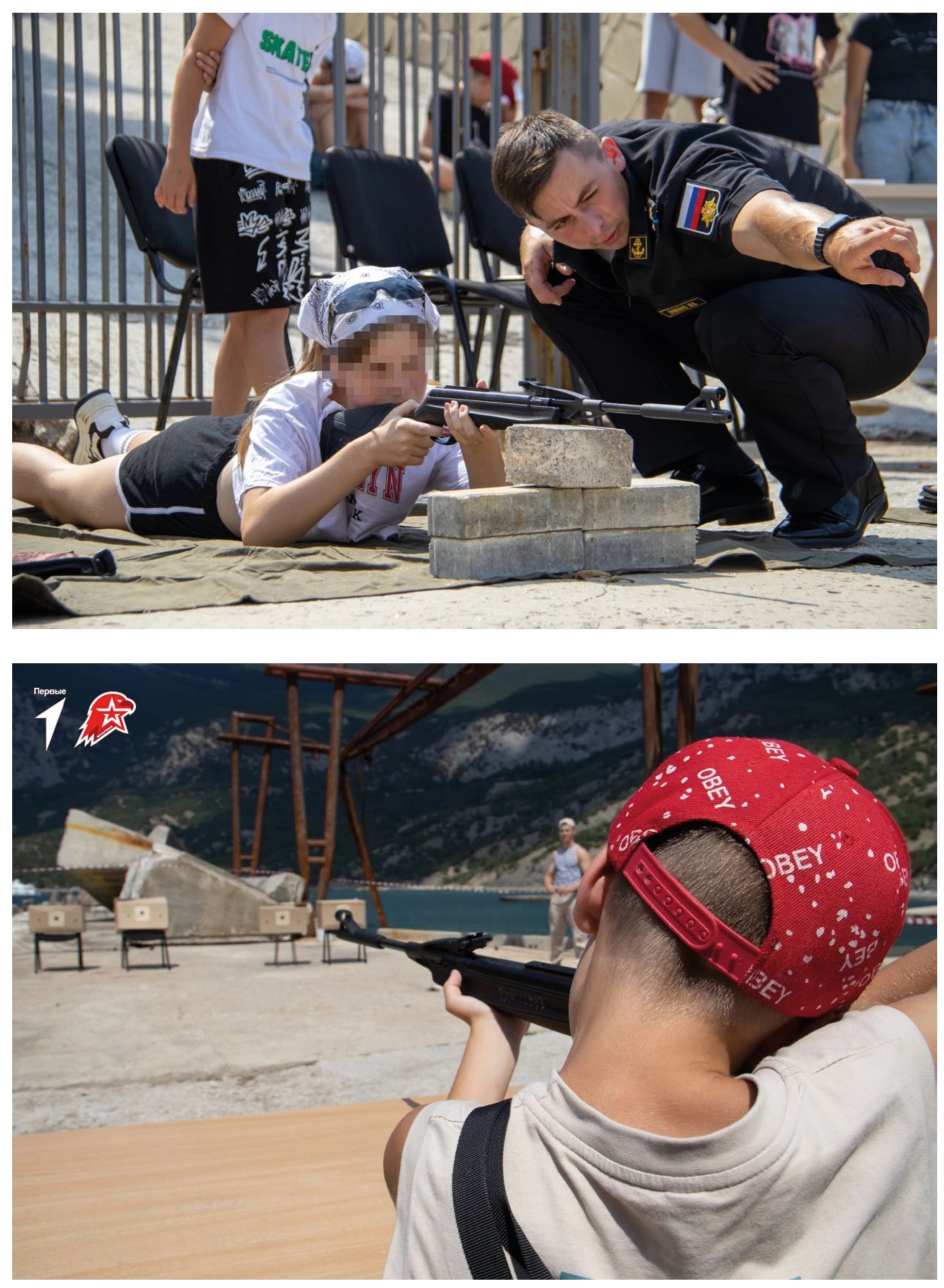
All recreation of children from the TOT, including their illegal transfer, is funded from the Russian budget, in particular by the so-called twin cities and patron regions.
The trips to the camps most often take place within the temporarily occupied territories, taking children to the camps of the TOT of Crimea, Sevastopol, Berdiansk, and the territory of the RF.
Cases of taking children to the territory of Belarus have also been identified, in particular, to the Children’s Rehabilitation and Recreation Centre “Forest Glade”, 9 sanatorium “Dubrovenka”.
Read also: The report “Stolen Childhood: How the Belarusian Regime Erases the Identity of Ukrainian Children through Relocation, Re-education and Militarisation” prepared by Freedom House, the Regional Centre for Human Rights, the ZMINA Human Rights Centre, Human Rights Center Viasna and the Association of Former Law Enforcement Officers of Belarus (BELPOL).
Almenda emphasised that by transferring children from the temporarily occupied territories of Ukraine, Russia grossly violates international law regarding the prohibition on the transfer of children to other states, including transfer within the occupied territories, except for evacuation, if there are legitimate grounds for it, namely:
- Article 78 of Protocol I Additional to the Geneva Conventions of 12 August 1949, and relating to the Protection of Victims of International Armed Conflicts;
- Article 20 of the International Covenant on Civil and Political Rights, which states that any propaganda for war shall be prohibited by law.
- Article 29 of the Convention on the Rights of the Child;
- Articles 38 and 39 of the Convention on the Rights of the Child;
- Article 49 of the IV Geneva Convention;
Human rights advocates point out that the use of recreation for the actual “re-education” of children violates Articles 8 (the right of the child to preserve his or her identity), 19 (protection of the child from all forms of physical or mental violence, injury or abuse), 31 (the right of the child to rest and leisure) of the Convention on the Rights of the Child, to which the RF is a party
Previously, the Deputy Head of the Office of the President, Iryna Mudra, pointed out that international partners praise Ukraine’s efforts to reform its justice system despite the war, but these partners have not taken tangible action to reform global justice.
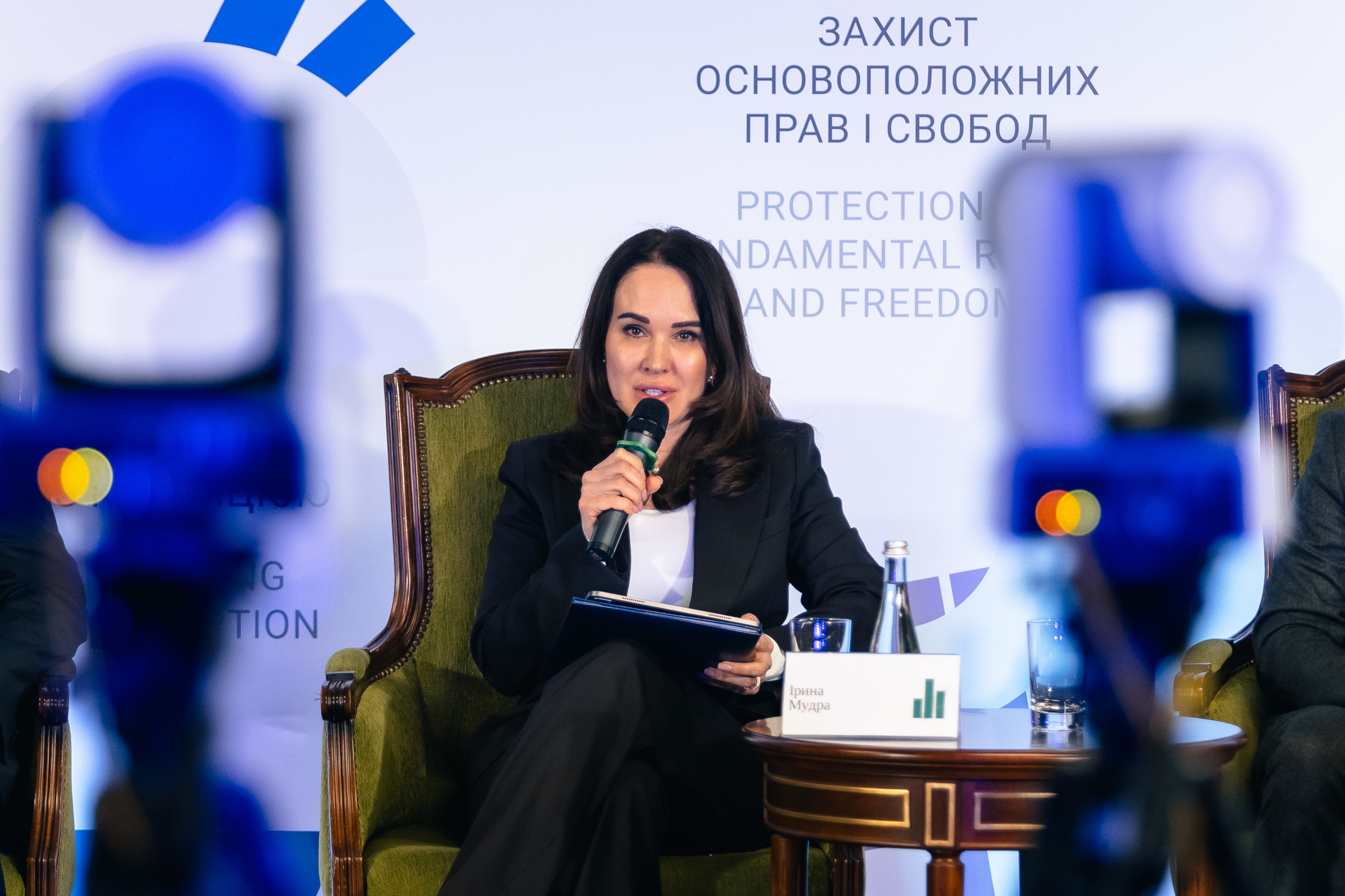 Iryna Mudra
Iryna Mudra“While they admire our desire and ability to carry out such global reforms, I would also like to admire our international partners, who would have the desire and ability to reform global justice,” she said during the presentation in Kyiv of the Shadow Report on Chapter 23, “Justice and Fundamental Rights,” to the European Commission’s Report on Ukraine, calling on them to step up and contribute to these efforts.
On November 12, 2024, an Expert Council meeting under the Representative of the Ombudsman in the Autonomous Republic of Crimea and the City of Sevastopol highlighted the urgent need to modernise international humanitarian law in light of contemporary armed conflicts, specifically referencing Russia’s aggression against Ukraine.
Human rights lawyer of the Regional Center for Human Rights Mykyta Petrovets emphasised the lack of accountability for the militarisation of children and the imposition of Russian education in occupied territories, which leads to the erasure of national identity and forced assimilation of young Ukrainians.
Additionally, drawing on the RCHR’s experience in developing mechanisms for the return of deported Ukrainian children, Petrovets highlighted the necessity of introducing a more detailed procedure for repatriation in cases of unjustified deportation and/or deprivation of liberty for protected persons into the text of the Fourth Geneva Convention.
The lawyer also pointed out that the Russian Federation imposes its citizenship on residents of occupied Crimea. Under international humanitarian law, protected persons cannot be considered citizens of the occupying state. Forced passportisation should not affect the protection status of Crimea’s residents, and the definition within the Fourth Geneva Convention must be adapted accordingly.


